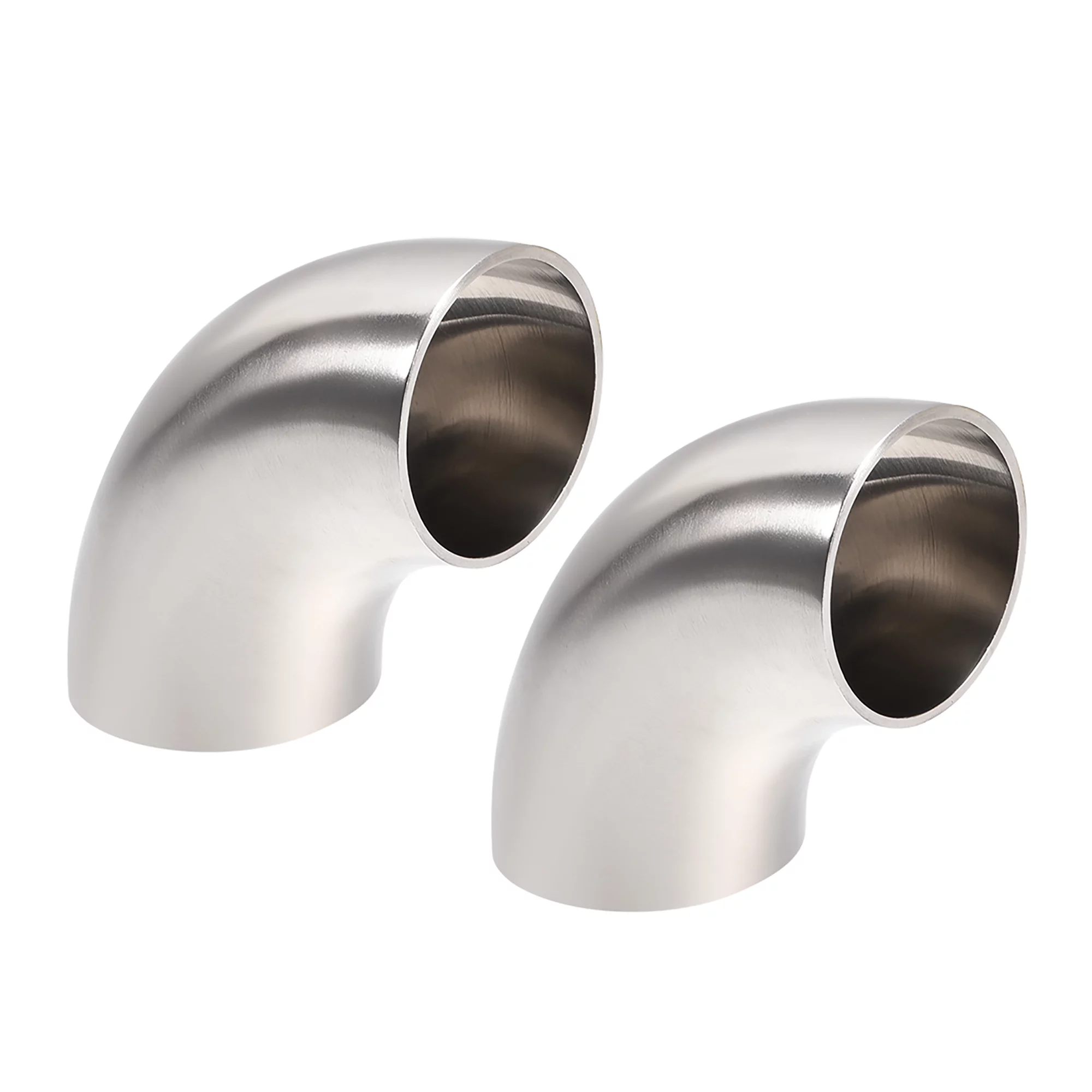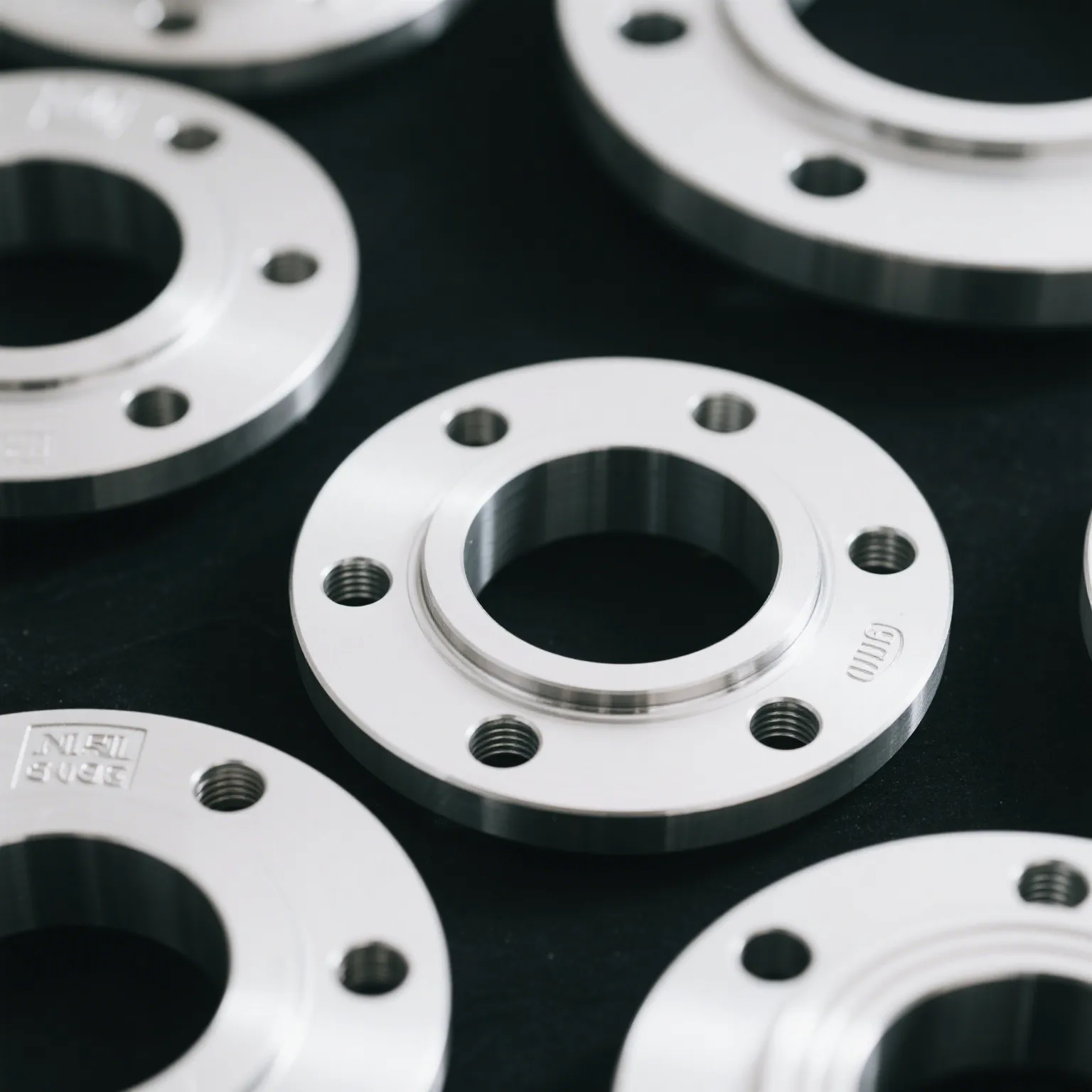-
Cangzhou Yulong Steel Co., Ltd.
-
Phone:
+86 13303177267 -
Email:
admin@ylsteelfittings.com
- English
- Arabic
- Italian
- Spanish
- Portuguese
- German
- kazakh
- Persian
- Greek
- French
- Russian
- Polish
- Thai
- Indonesian
- Vietnamese
- Zulu
- Korean
- Uzbek
- Hindi
- Serbian
- Malay
- Ukrainian
- Gujarati
- Haitian Creole
- hausa
- hawaiian
- Hebrew
- Miao
- Hungarian
- Icelandic
- igbo
- irish
- Japanese
- Javanese
- Kannada
- Khmer
- Rwandese
- Afrikaans
- Albanian
- Amharic
- Armenian
- Azerbaijani
- Basque
- Belarusian
- Bengali
- Bosnian
- Bulgarian
- Catalan
- Cebuano
- China
- China (Taiwan)
- Corsican
- Croatian
- Czech
- Danish
- Esperanto
- Estonian
- Finnish
- Frisian
- Galician
- Georgian
- Kurdish
- Kyrgyz
- Lao
- Latin
- Latvian
- Lithuanian
- Luxembourgish
- Macedonian
- Malgashi
- Malayalam
- Maltese
- Maori
- Marathi
- Mongolian
- Myanmar
- Nepali
- Norwegian
- Norwegian
- Occitan
- Pashto
- Dutch
- Punjabi
- Romanian
- Samoan
- Scottish Gaelic
- Sesotho
- Shona
- Sindhi
- Sinhala
- Slovak
- Slovenian
- Somali
- Sundanese
- Swahili
- Swedish
- Tagalog
- Tajik
- Tamil
- Tatar
- Telugu
- Turkish
- Turkmen
- Urdu
- Uighur
- Welsh
- Bantu
- Yiddish
- Yoruba

मे . 09, 2025 17:22 Back to list
High-Pressure Forged Steel Socket Weld Fittings Durable & Reliable
- Overview of Forged Steel Socket Weld Fittings
- Technical Advantages in High-Pressure Systems
- Manufacturer Comparison: Durability & Compliance
- Custom Solutions for Industrial Requirements
- Case Study: Energy Sector Implementation
- Installation Best Practices
- Future Trends in Forged Fittings Technology

(forged steel socket weld fittings)
Understanding Forged Steel Socket Weld Fittings
Forged steel socket weld fittings provide leak-resistant connections for high-pressure piping systems, particularly in industries requiring ASTM A105/A182 compliance. These components withstand pressures up to 6,000 PSI at 800°F (427°C), outperforming standard threaded alternatives by 40% in burst resistance tests. The cold forging process enhances grain structure density, achieving 25% greater tensile strength compared to cast fittings.
Performance in Extreme Conditions
Third-party testing confirms socket weld fittings maintain structural integrity through 10,000 thermal cycles between -20°F (-29°C) and 450°F (232°C). The tapered root gap design reduces stress concentration by 18% versus butt weld configurations. Critical applications leverage this technology in:
- Hydraulic systems (3,000-5,000 PSI operational range)
- Steam distribution networks
- Chemical processing equipment
Industry Leader Comparison
| Manufacturer | Pressure Rating | Lead Time | Certifications |
|---|---|---|---|
| Vendor A | 5,000 PSI | 4 weeks | ASME B16.11, PED |
| Vendor B | 6,200 PSI | 6 weeks | ISO 9001, NACE MR0175 |
| Vendor C | 4,800 PSI | 3 weeks | API 6A, NORSOK |
Custom Engineering Solutions
Specialized applications require modified wall thickness (up to Schedule 160) and non-standard angles (15° to 345°). Advanced manufacturers achieve ±0.005" dimensional tolerance through CNC machining post-forging. Recent projects include:
- Subsea hydrocarbon systems with 0.25% molybdenum additive
- Nuclear plant cooling circuits featuring 316L stainless steel variants
- High-vibration aerospace test rig components
Oil Refinery Retrofit Case
A Gulf Coast facility replaced 1,200 threaded joints with socket welds, achieving 92% reduction in maintenance incidents over 18 months. The upgrade involved:
- 1,500 forged steel 90° elbows (Sch 80)
- 800 socket weld unions (Class 3000)
- 34 custom-designed tees with reinforced crotch geometry
Optimized Installation Protocol
Proper gap allowance (1/16" for NPS ≤ 2) prevents joint failure during thermal expansion. Field data shows controlled root penetration welding improves fatigue life by 30% compared to manual techniques. Post-weld heat treatment (PWHT) at 1,100°F (593°C) for 1 hour per inch of thickness ensures optimal stress relief.
Forged Steel Socket Weld Fittings in Next-Gen Infrastructure
Emerging hydrogen transport systems demand fittings with 100% radiographic testing and 65 HRC hardness. Manufacturers now integrate IoT-enabled versions with embedded sensors monitoring real-time strain (±0.1% accuracy). These developments position forged steel solutions as critical components for renewable energy transition projects through 2040.

(forged steel socket weld fittings)
FAQS on forged steel socket weld fittings
Q: What are forged steel socket weld fittings used for?
A: Forged steel socket weld fittings are designed for high-pressure and high-temperature piping systems. They provide a robust connection by welding the pipe into the fitting's socket, ensuring leak resistance and durability in industrial applications.
Q: How do forged socket weld fittings differ from threaded fittings?
A: Socket weld fittings use welding for a permanent, high-strength joint, while threaded fittings rely on screwing components together for easier assembly. Socket welds are preferred for critical systems requiring superior leak prevention.
Q: What industries commonly use forged fittings for socket welding?
A: Industries like oil and gas, petrochemical, and power generation rely on forged socket weld fittings. Their durability and pressure resistance make them ideal for harsh environments and hazardous fluid transport.
Q: What are the key advantages of forged steel socket weld fittings?
A: These fittings offer exceptional strength, corrosion resistance, and long-term reliability. Their forged construction ensures uniformity, while the socket weld design minimizes turbulence and improves flow efficiency.
Q: Can forged socket weld fittings be reused after installation?
A: No, socket weld fittings are permanently welded during installation and cannot be reused. Threaded fittings are a better choice if disassembly and reusability are required for maintenance or system modifications.
Latest news
-
ANSI 150P SS304 SO FLANGE
NewsFeb.14,2025
-
ASTM A333GR6 STEEL PIPE
NewsJan.20,2025
-
ANSI B16.5 WELDING NECK FLANGE
NewsJan.15,2026
-
ANSI B16.5 SLIP-ON FLANGE
NewsApr.19,2024
-
SABS 1123 FLANGE
NewsJan.15,2025
-
DIN86044 PLATE FLANGE
NewsApr.19,2024
-
DIN2527 BLIND FLANGE
NewsApr.12,2024
-
JIS B2311 Butt-Welding Fittings LR/SR 45°/90° /180°Seamless/Weld
NewsApr.23,2024











